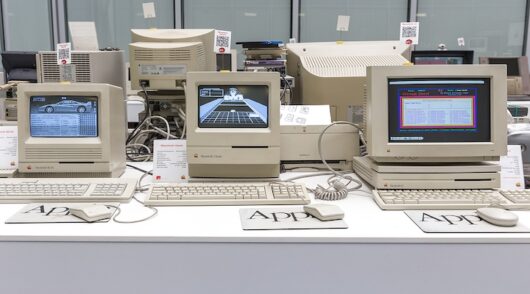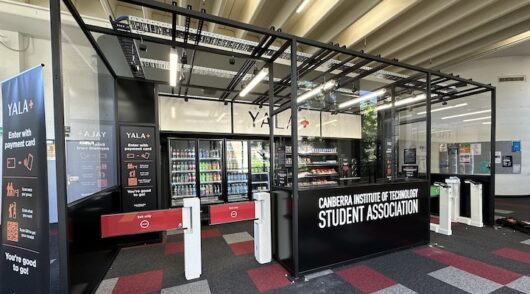While the world may slowly be returning to normal in the post-pandemic era, retailers worldwide continue to face labour shortages in customer-facing roles.
A recent study by Deloitte found that 74 per cent of executives heading major global retail companies expect shortages in customer-facing positions.
Closer to home, the Australian Retailers Association (ARA) surveyed members and found that 84 per cent reported it has become harder to recruit new team members. Meanwhile, 73 per cent said job vacancy rates are higher than usual and more than half of responding retailers said absenteeism has become worse since the pandemic.
Mel Marsh, MD for Australia of Glory Global Solutions, a leader in cash technology solutions, says it has never been a more important time for retailers to consider deploying new technologies to relieve staff from cumbersome cash-handling tasks so they can undertake more productive roles, such as interacting with customers.
“Terms such as the ‘new normal’ have become common in the post-Covid era and although some things have slowly restored to pre-pandemic norms, the job market has not,” she told Inside Retail. “We operate in more than 100 countries and see that retail automation technologies are no longer simply trend-setting differentiators, but essential tools in effective retail.”
When retailers think of retail automation, they are prone to conjure images of such in-store features as check-out lanes and digital payments.
Marsh says that while some retail businesses have chosen not to accept cash payments – thus potentially alienating parts of their customer base – many businesses continue to do so. Cash is still the payment method of choice for a significant share of the population.
“By automating tasks that are currently done by humans, retailers can free up their staff to focus on more customer-facing roles. This can improve customer service and satisfaction, and it can also help to reduce staff turnover,” she says.
“As long as cash remains in use, the time, effort and risk of staff having to handle it does not decrease, so why not automate this part of the process as well?,” she asks.
Cash handling poses significant effort and stress on frontline retail staff, with research from the National University of Singapore showing it is an important but overlooked overhead in retailing.
“It often affects the staff’s willingness to work – to the extent many workers say they are willing to accept lower wages for jobs that can be performed with less cognitive burden and stress,” explains Marsh.
“In turn, engaged and satisfied workers are better able and more motivated to handle higher-value tasks, as well as customer satisfaction.”
Another point is that despite the growing number of options consumers have to pay for goods and services, cash remains the cheapest form of payment for retailers to process.
“But that is conditional on the process being managed efficiently and by using the latest technology,” she says.
Human error
Processing cash manually is prone to significant human error – and more importantly security risks – compared to automated cash handling.
“Employing more than 10,000 professionals worldwide with dedicated research & development and manufacturing facilities across the world, Glory is built on a rich customer-focused, technology-driven heritage spanning almost 100 years,” says Marsh.
“Our solutions are trusted and deployed in major banks in Australia so consumers and retailers alike can have faith in the accuracy and reliability of automated cash-handling technology that we provide.”
Furthermore, via online, real-time monitoring, there is no risk of machines deployed to take cash payments from customers – and issue change – from running out of denominations or exceeding storage capacity.
Marsh says that Glory’s Ubiqular Digital Services, for example, provides real-time insights into the cash operation of retailers deploying the equipment.
“The performance of the device, its cash inventory and movement are monitored on a cloud-based platform, with as much or as little involvement as is necessary for optimal store operations.”
Retailers, she says, often overlook that cash is a physical item, just as stock is.
“The way it moves from one place to another has to be managed just as you would manage any other object of value. Smart retailers around the world are managing the movement and use of cash in the same way they manage their merchandise,” she continues.
“In other words, there is a supply chain for cash, as well: we call it the Retail Cash Chain.”
For more information about Glory Global Solutions’ cash handling technology, visit the company’s website.






